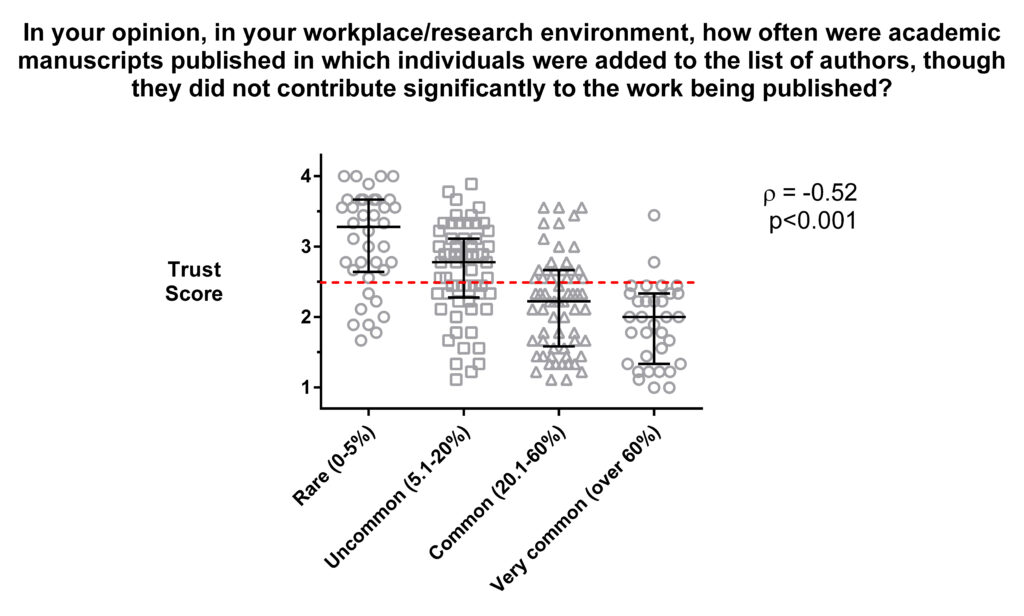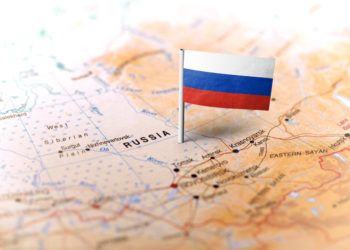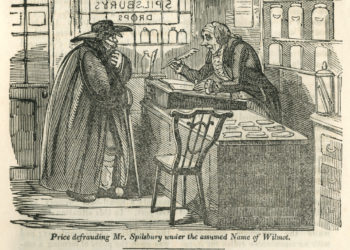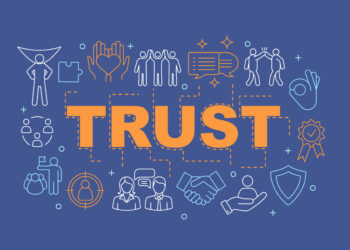Editor’s Note: Today’s post is by Itamar Ashkenazi and Oded Olsha. Itamar is a staff member of the Technion-Israel Institute of Technology’s Faculty of Medicine, Haifa, Israel, a general surgeon, and a COPE council member. Oded Olsha recently retired from the Shaare Zedek Medical Center in Jerusalem, Israel, where he worked as a general surgeon for over thirty years and was the head of the Breast Surgery Unit. Oded was a staff member of the Hebrew University’s Faculty of Medicine. Opinions conveyed are those of the authors of the study, and do not necessarily represent the policies, or opinions of organizations to which the authors are affiliated.
Current guidelines advocated by the International Committee of Medical Journal Editors (ICMJE), the Council of Science Editors (CSE), and the Committee on Publication Ethics (COPE), recommend that in cases of authorship disputes that the authors themselves cannot resolve, journals should call upon the authors’ institutions to investigate the dispute. Our recent study published in the Rambam Maimonides Medical Journal concludes that this approach may be inappropriate.
We examined the association between authorship misconduct in biomedical publications and trust in institutions where the respondents work. Based on 197 responses to a web-based survey, the study shows that respondents’ increasing experience with misattributed authorship is associated with increased mistrust in their institution. It further indicates that the institutions awarded the highest trust scores were those that had made their policies on authorship known.

This study’s analysis differs from those in other studies since it does not attempt to quantify the degree of misattributed authorship in scientific publishing. Rather, it assumed that some degree of authorship misconduct exists. We tried to find associations between the trust the survey participants had in their institution and different variables, of which the degree of exposure to different types of authorship misconduct was the most important. We asked respondents to quantify their experience with gift authorship, ghost authorship, and author displacement in manuscripts they had collaborated on. Assuming not all respondents would feel free to report on their projects, we also asked whether respondents thought these phenomena were common in scientific manuscripts emanating from their institutions. Trust in the institution was measured using a newly validated scale composed of nine statements for which respondents had to grade their agreement (ranging from strongly disagree to strongly agree). A mean score (i.e., Trust Score) over 2.5 conveyed respondents’ trust in their institution, while a score less than 2.5 conveyed mistrust.
We also asked study participants to state who was their preferred authority to deal honestly with an author dispute if they were personally engaged in one. Only 17.8% of respondents indicated that they preferred their institution’s administration. Of the remaining respondents, more than half provided a Trust Score lower than 2.5, conveying mistrust in their institution’s administration.
Certain biases should be taken into account. We note that relatively more individuals who disapprove of their institutions may have been drawn to be involved in this survey. Nevertheless, the basic assumption that institutions will properly address authorship disputes and other forms of misconduct in all cases is, at best, unfounded.
Another issue concerns the linkage of authorship misconduct with authorship disputes. It must be stated that organizations like the US Office of Research Integrity (ORI) do not classify authorship disputes as misconduct. We suggest that ORI’s policy should be challenged and believe that the underlying reason for authorship disputes should be evaluated rather than disregarded. Disputes are often related to contributors not receiving proper credit for their contribution. Under conditions in which gift authorship is common, it should not surprise anyone if this phenomenon is associated with ghost authorship or author displacement within the authors’ byline. These all result from individuals who do not respect the rules that define appropriate authorship. Claiming that disputes over authorship credit are merely misunderstandings that can be resolved by mediation rather than confronting possible underlying misconduct provides a way out for these individuals and an incentive to repeat their acts of misconduct again and again.
Addressing common phenomena was necessary for this research to have sufficient statistical power to show that differences observed in Trust Scores were real rather than fortuitous. For this reason, we deliberately chose to assess gift authorship, ghost authorship, and author displacement. These phenomena are common due to the lenient approach adopted by many institutions towards authorship disputes and their underlying causes, and their high prevalence was crucial for the study’s success.
The role of institutions in promoting appropriate attribution of authorship is emphasized. One in four respondents in this study reported that their institution’s administration had made known (declared and/or published) its policy on authorship in academic publications. These respondents awarded their institution the highest Trust Scores in this study (3.06 of 4.00 points). The importance of having a clear authorship policy is further emphasized by this study’s finding that gift authorship was less frequently reported by respondents from institutions that have made their policy known (31.3% vs. 55.4%; p=0.005).
Why would two surgeons embark on this study question in the first place? Between us, we have cooperated in well over 100 peer-reviewed publications. One of us has been involved in discussions about authorship misconduct, plagiarism, and other research and publication misconduct within his and with other academic institutions. Our experience with the different research institutions with which we were affiliated was not uniform, leading to a disparity in the degree of trust each has with our institutions. Though not the focus of our research, we emphasize that most cases of authorship misconduct probably do not even come to the attention of the relevant institutions since most people prefer to avoid complaining. This assumption may be supported by the low rate of respondents who favored their institutions’ administration as the best authority to deal with an authorship dispute honestly.
Whenever journal editors receive a complaint, they should ask themselves why the complaint was addressed to the journal rather than the institution. This study suggests the reason why this may be happening.
Discussion
2 Thoughts on "Guest Post — Study Questions Whether Research Institutions Are the Appropriate Entity to Investigate Authorship Disputes in All Cases"
Would be interesting to see this study re-run in light of recent events at institutions of higher ed in the US.
Our study concentrated on biomedical publications. We welcome anyone wishing to evaluate our methodology in other academic areas, such as social sciences and the humanities.


